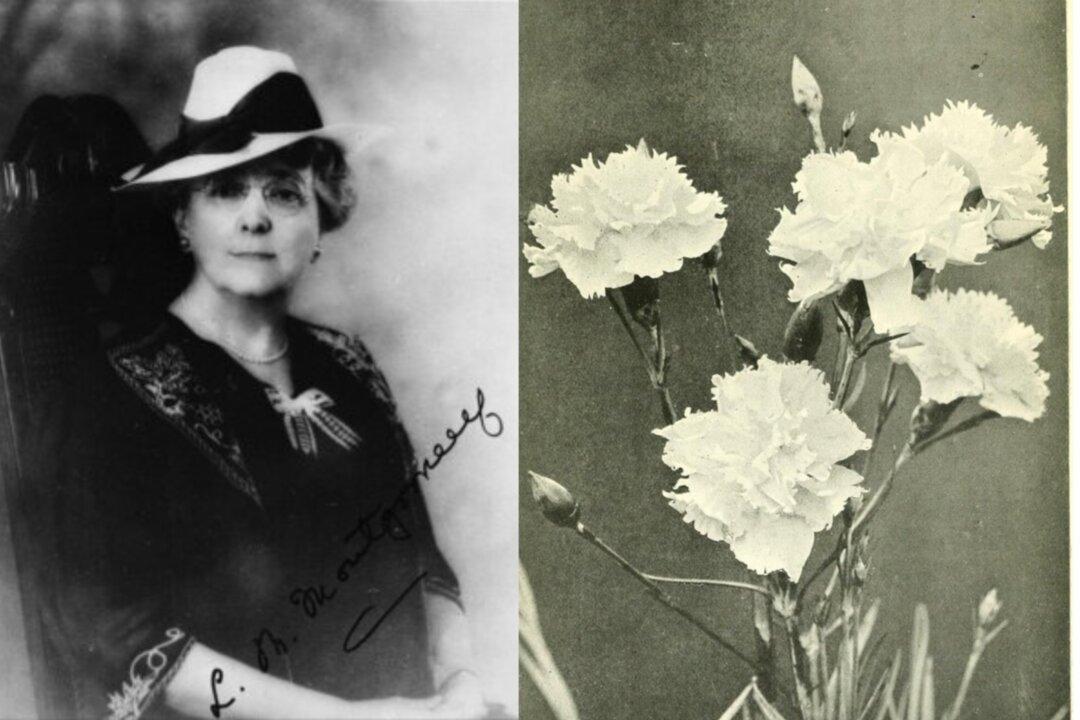In his short story “The Dutchman Who Had the ‘Small Pox’,“ Henry P. Leland follows a writer as he climbs aboard the New Jersey stage coach. As the writer sits next to the Dutch coachman, he compares his own good English with the Dutchman’s broken English. Yet, the writer soon realizes that the differences which separate them actually bring them together.
The Dutchman
The writer climbs into the New Jersey stagecoach in early morning and places himself beside the coachman. Along with the writer, other passengers pile into the coach, filling it to the brim.As the coach sets out from Blackberry towards Squash Point, the writer decides to strike up a conversation with the coachman. He begins by praising one of the horses, to which the Dutchman responds: “Ya-as; she’s a goot hoss, und I knows how to trive him!”






